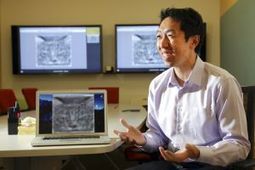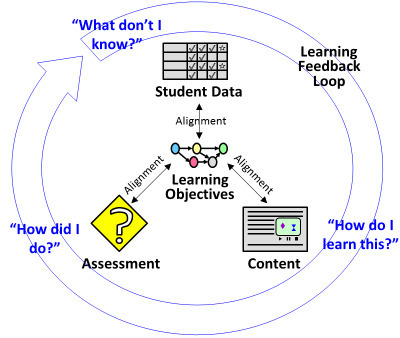Usually glacially-paced universities are investing in a start-up strategy: "Build fast and worry about money later." Does this "Facebook" style strategy also mean, "Build fast and see who benefits later (as long as it includes the investors)?"
There is some controvery that access to free courses does not a degree make, and that, after all, this could be a grand marketing scheme with questionable motives. Degrees are still in demand as much as they ever were.
_____________________
"[It's] a new educational plutocracy where the "rich" are enabled and embraced, and the middling and lower classes are given scraps ...so that they can participate, but perhaps not really benefit. ~ Stacey Simmons
_____________________
"By denying qualified people (meaning those who have completed the work) access to degrees or some other endorsement, institutions are establishing a new educational plutocracy where the "rich" are enabled and embraced, and the middling and lower classes are given scraps by which they might educate themselves so that they can participate, but perhaps not really benefit, and certainly never enter the world of the elite. ~ Stacey Simmons, one of Fast Companies "Most Creative People"
If you've seen the movie: The Social Network, you'll know that that using Facebook as a business model is not unknown to higher education. However something ununusual is happening in usually glacially-paced universities; they are investing in a start-up strategy: "Build fast and worry about money later."
Excerpted:
Coursera is following an approach popular among Silicon Valley start-ups: Build fast and worry about money later. Venture capitalists—and even two universities—have invested more than $22-million in the effort already.
"Our VC's keep telling us that if you build a Web site that is changing the lives of millions of people, then the money will follow," says Daphne Koller, the company's other co-founder, who is also a professor at Stanford.
====
Deb: But, does it change their lives for the better? Stanford, of course, had one of the first professors to jump ship to offer a large, free course to the world.
Sebastian Thrun, an adjunct professor of computer science at Stanford who invited the world to attend his fall semester artificial intelligence course and who ended up with 160,000 online students, announced he had decided to stop teaching at Stanford and direct all his teaching activities through Udacity, a start-up he co-founded that will offer online courses from leading professors to millions of students.
Stacey Simmons, CEO & Founder at Omnicademy, questions the motivation (Free is Not Liberated...) of offering free courses if degrees from prestigious institutions are not accessible to the many. On the other hand, it could be an amazing new education model, per her TED conversation here.
You can read more about the context of Professor Thrun's move and settling down to the real issues here: Will they Pay? Degrees & UnBundling: Massive online courses not a game changing innovation > Competency building is. My own alma mater, University of Michigan, has been among the first to invest.
Source: The Chronicle of Higher Education, How an Upstart Company Might Profit from Free Courses
Via
Deb Nystrom, REVELN



 Your new post is loading...
Your new post is loading...









